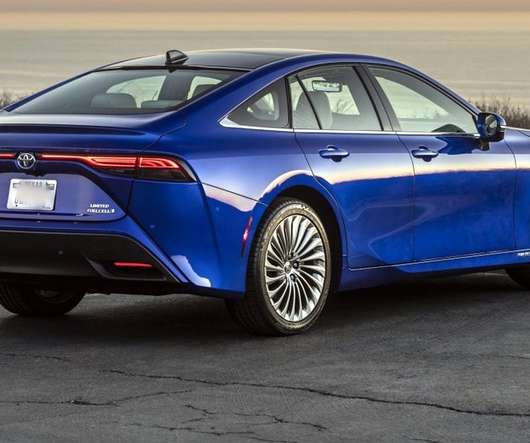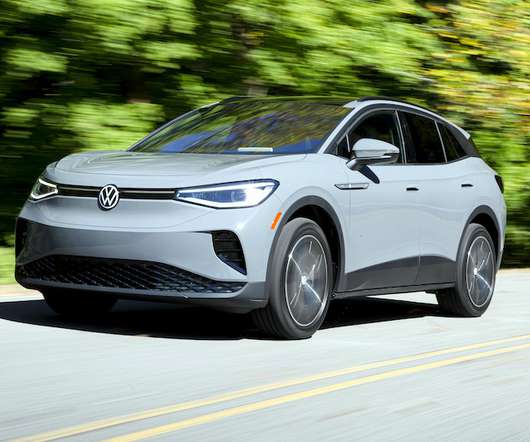EPA trends report sees record levels of average new vehicle fuel economy and CO2 emissions for MY 2012; role of new gasoline vehicle technologies
Green Car Congress
DECEMBER 13, 2013
The majority of the emissions and fuel savings from current vehicles, EPA noted, is due to new gasoline vehicle technologies. The final model year (MY) 2012 adjusted, real world CO 2 emissions rate is 376 g/mi—a 22 g/mi decrease (-5.5%) relative to MY 2011. MY 2012 adjusted fuel economy is 23.6 mpg, or 22%.



































Let's personalize your content